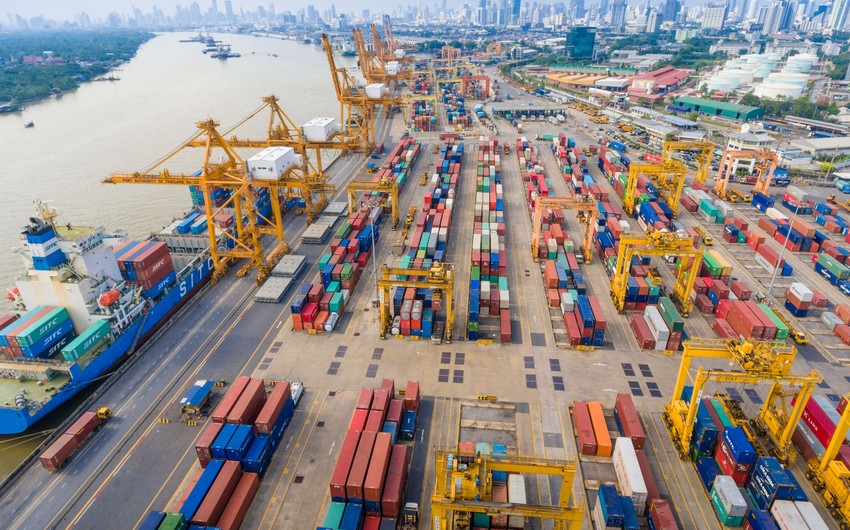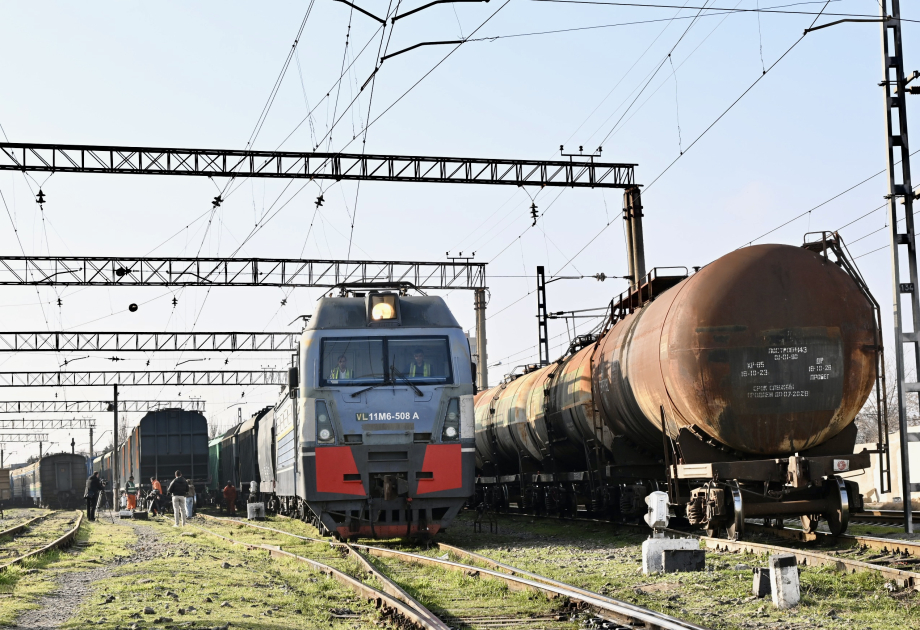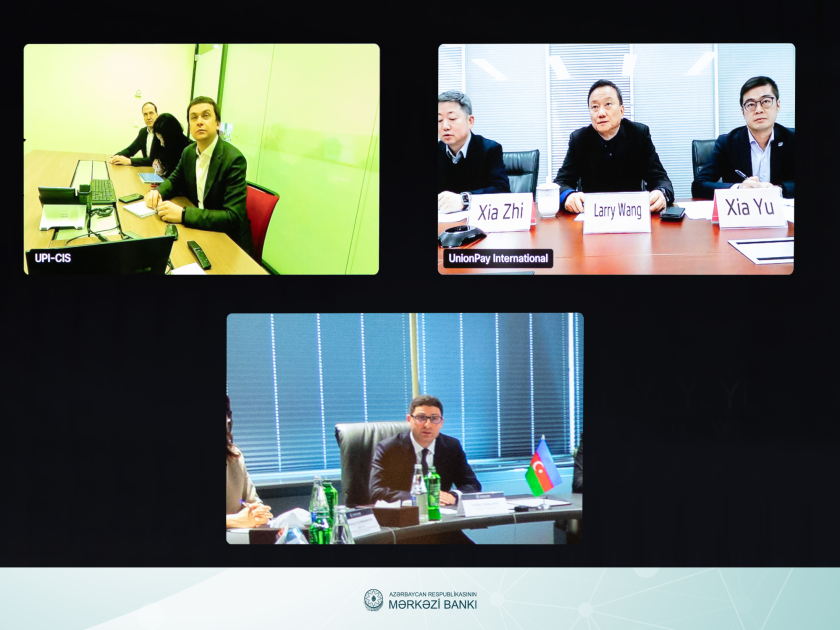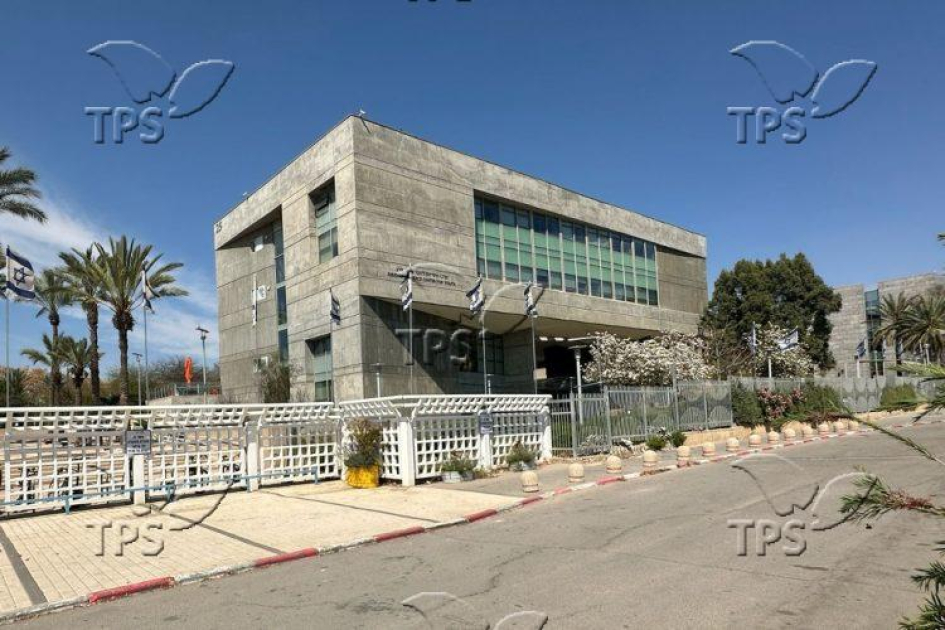Increasing the capacity of the Middle Corridor is important for stimulating the economic growth of countries and strengthening regional cooperation, economist and independent researcher Ulugbek Kamaletdinov told Report.
“Expanding the corridor's capacity increases its competitiveness, especially in the context of war, sanctions and alternatives to traditional transport routes from China. In addition, infrastructure development in corridor countries not only improves transport capabilities, but also contributes to the development of their economies, job creation and improved living standards in the region,” he noted.
The expert recalled that earlier in October 2023, Chinese President Xi Jinping unveiled measures for the development of the Middle Corridor, which China intends to take to strengthen cooperation between the states participating in the Belt, Road initiative.
“Improving supply chains will help attract companies, investments and the development of international trade. However, this will also require the development and modernization of transport infrastructure in the region, including roads, railways, seaports, airports and logistics centers,” Kamaletdinov added.
The economist also raised the issue of digitalization of the Trans-Caspian International Transport Route: “Digitalization of the TITR is of great importance for improving its efficiency and competitiveness. It will help speed up cargo transportation, improve transparency and safety of processes, and reduce costs. I think that this is an important step in modern realities, where the use of digital technology plays a key role in the development of transport infrastructure."
He emphasized that digitalization will automate and simplify processes related to the movement of goods along the route, including the circulation of electronic documentation, cargo tracking, information exchange between participants and process monitoring.
“It will become easier to collect and analyze data on cargo, routes and logistics operations, which will optimize the planning and management of cargo transportation, improve demand forecasting, reduce costs and increase the efficiency of logistics processes. However, when implementing digital solutions, it is necessary to take into account aspects such as cybersecurity, personal data protection and standardization. Appropriate measures and policies need to be developed to ensure the security and reliability of digital systems in TITR,” Kamaletdinov concluded.





















